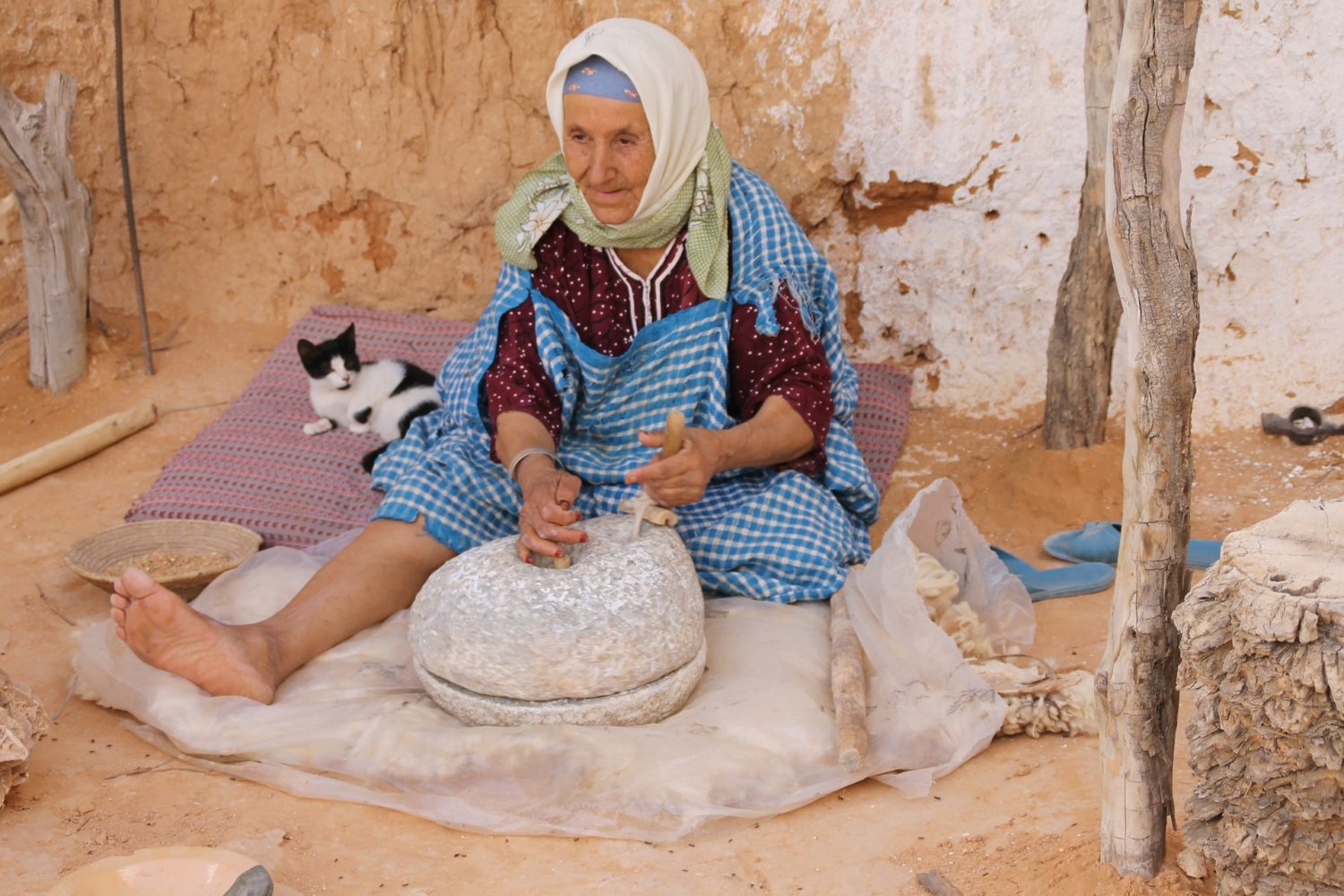6 Facts About Healthcare in Tunisia
 The North African country of Tunisia is sandwiched by two relatively unstable nations, Algeria and Libya. However, Tunisia has had consistent development in human wellbeing for the past couple of decades, ranking among the best nations in Africa. In part, this success can be attributed to Tunisia’s relatively strong healthcare system. According to a World Health Organization report, Tunisia possesses a “national health strategic plan” as well as a relatively high life expectancy at 75 years. Healthcare in Tunisia is a promising sign that the country can adequately support its population and promote longer, healthier lives for its citizens. Here are six facts about healthcare in Tunisia.
The North African country of Tunisia is sandwiched by two relatively unstable nations, Algeria and Libya. However, Tunisia has had consistent development in human wellbeing for the past couple of decades, ranking among the best nations in Africa. In part, this success can be attributed to Tunisia’s relatively strong healthcare system. According to a World Health Organization report, Tunisia possesses a “national health strategic plan” as well as a relatively high life expectancy at 75 years. Healthcare in Tunisia is a promising sign that the country can adequately support its population and promote longer, healthier lives for its citizens. Here are six facts about healthcare in Tunisia.
6 Facts About Healthcare in Tunisia
- More than 90% of the population is covered by health insurance. While some citizens use private insurance, others are covered by programs in place to assist the most disadvantaged in society. However, Tunisia still lacks truly universal coverage. One of the top complaints about healthcare in Tunisia is gaps in payment for important medical procedures, which can burden families.
- Tunisia’s 2014 constitution granted healthcare as a human right. The government is still working to make this a reality and provide universal, effective healthcare in Tunisia. Specifically, the government is trying to improve the dilapidated health infrastructure in the south of the country. This manifested in a 9% increase in the healthcare budget in 2016, which went toward improving infrastructure in remote areas.
- Private healthcare in Tunisia is booming. In recent years, before the COVID-19 pandemic, the number of private clinics built in the country was expected to surge. Seventy-five new facilities are set to be completed by 2025, doubling the number of hospital beds in the country. These improvements should help make access to quality healthcare more readily accessible to the general population.
- Tunisia successfully combated many diseases in the past. Most importantly, Tunisia has been able to eradicate and control many deadly diseases that put a strain on its healthcare system. Malaria, polio and schistosomiasis are well under control. In addition, Tunisia’s healthcare system has worked to address HIV/AIDS.
- During the COVID-19 pandemic, Tunisia has done relatively well. Sitting at 1,327 confirmed cases and 50 deaths as of July 2020, the country is positioned to recover economically from the virus, which is devastating in other parts of the world. Though it is still early in the pandemic, it appears that the healthcare system in Tunisia was able to absorb the influx of cases in order to slow the death rate.
- Robust preventative measures enabled Tunisia’s positive response to COVID-19. Seeing the potential for a rise in cases early on, the government, as advised by healthcare experts, quickly went into a rigorous lockdown that lasted for months. This was especially difficult considering that tourism accounts for 10% of the country’s GDP. According to a WHO spokesman, a strong sense of community and respect for the lockdown measures eased the country’s caseload and death toll. Because the Tunisian population was willing to make sacrifices for the broader community, they are now in a comparatively better place than some other nations around the world.
Healthcare is a critical issue for any nation. While there is always room for improvement, Tunisia has succeeded in using its available resources to ensure medical coverage for its people.
– Zak Schneider
Photo: Pixabay
